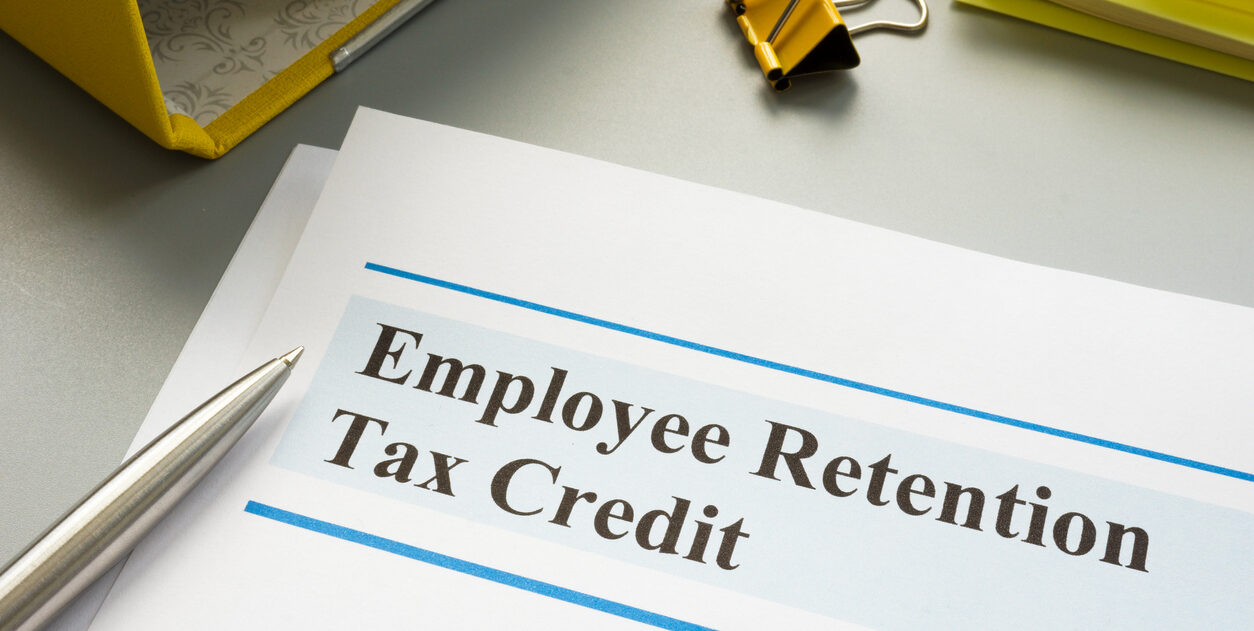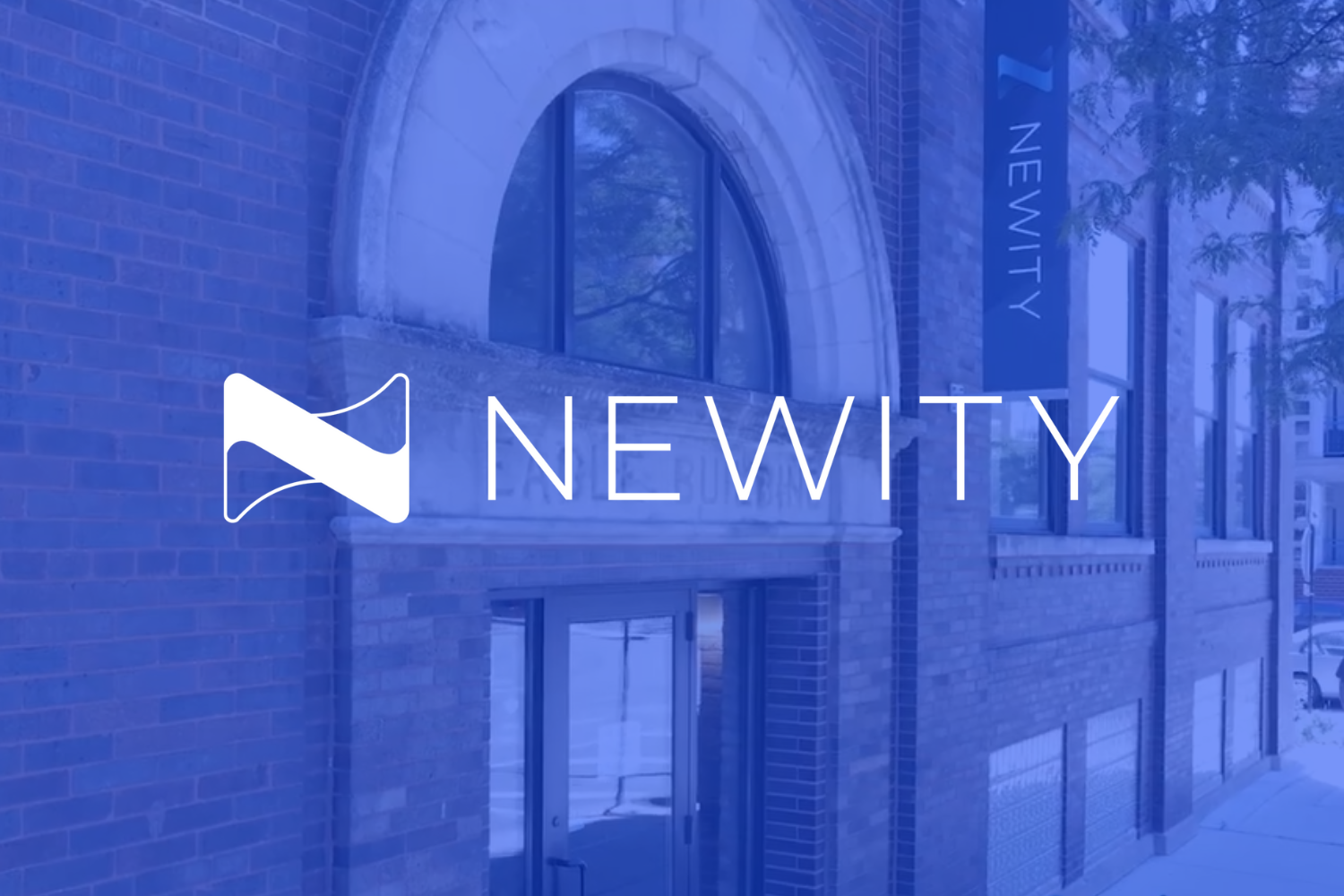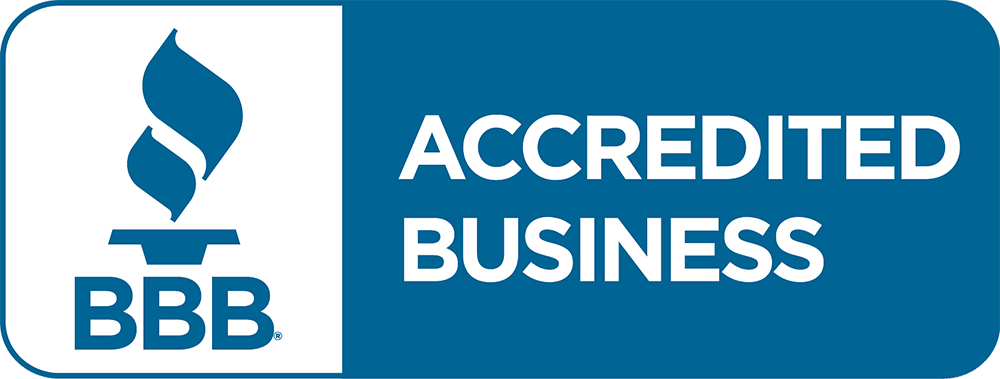1) Review your books
In order to know what’s going on in your business and keep everything running smoothly, it can be useful to consistently review your books. Consider doing this on a weekly basis in 2023 to monitor things like cash flow, expenses, revenue earned, etc.
2) Evaluate last year’s objectives and set new ones
Did you set objectives for the business in areas like sales or growth in 2022? Reflect on the year and how your performance compared to your goals and prior years’ performance. If you identify unsatisfactory trends, you can do some analysis to uncover the reasons and find a fix. Then, set your new targets for 2023.
3) Collect accounts receivable efficiently
Allowing customer invoices to sit unpaid past the deadline can be a major drain on cash flow. Consider setting a resolution to follow up on overdue invoices in a timely manner. Sometimes, all it takes is a friendly reminder email.
4) Get accounting/bookkeeping help
If you feel like you never have enough time to run your business and handle the books, consider switching to an online bookkeeping subscription in 2023. This can be a great option for small businesses as it sets a standard price per month, no matter the quantity of work needed.
NEWITY partnered with Xendoo to bring flat fee bookkeeping services to small businesses. Xendoo is a one-stop solution for all your accounting needs, from bookkeeping to tax and everything in between. Their flat fee plans allow you to only pay for the services you need and there’s a range of plans to explore based on your monthly expenses.
To learn more about Xendoo’s flat-rate bookkeeping subscription and plans, visit Xendoo today.































